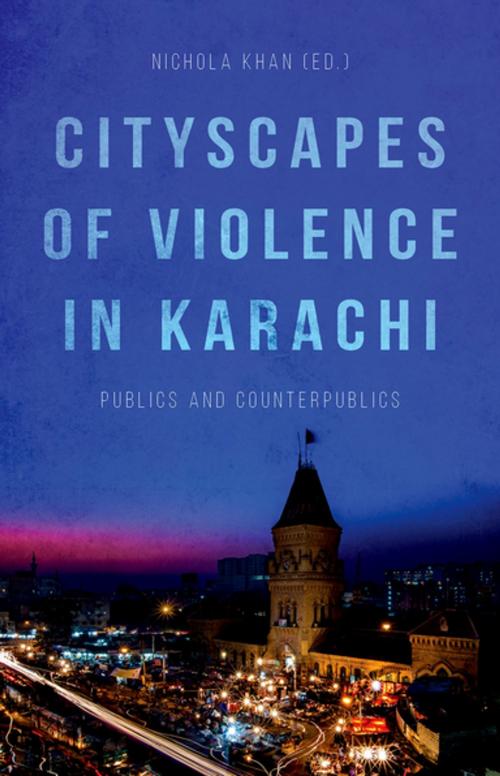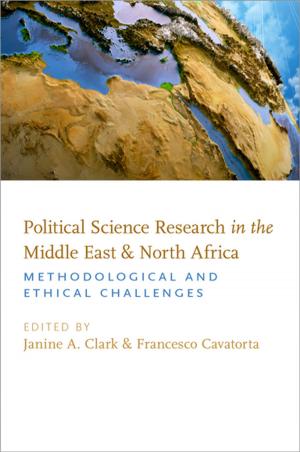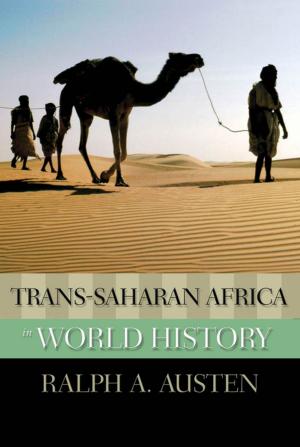Cityscapes of Violence in Karachi
Publics and Counterpublics
Nonfiction, Social & Cultural Studies, Political Science, International| Author: | ISBN: | 9780190869786 | |
| Publisher: | Oxford University Press | Publication: | July 15, 2017 |
| Imprint: | Oxford University Press | Language: | English |
| Author: | |
| ISBN: | 9780190869786 |
| Publisher: | Oxford University Press |
| Publication: | July 15, 2017 |
| Imprint: | Oxford University Press |
| Language: | English |
Karachi is a city framed in the popular imagination by violence, be it criminality and gangsterism or political factionalism. That perception also dominates literary, cinematic and scholarly representations and discussions of this great metropolis. By commenting in different ways on the trials and tribulations of Karachi and Pakistan, the contributors to this innovative book on the city build on past writings to say something new or different -- to make their reader re-think how they understand the processes at work in this vast urban space. They scrutinise Karachi's diverse neighborhoods to show how violence is manifested locally and citywide into protest drinking, social and religious movements, class and cosmopolitanism, gang wars, and how it affects the fractured lives of militants and journalists, among others. Oral history and memoir feature strongly in the volume as do insights gleaned from anthropology and political science
Karachi is a city framed in the popular imagination by violence, be it criminality and gangsterism or political factionalism. That perception also dominates literary, cinematic and scholarly representations and discussions of this great metropolis. By commenting in different ways on the trials and tribulations of Karachi and Pakistan, the contributors to this innovative book on the city build on past writings to say something new or different -- to make their reader re-think how they understand the processes at work in this vast urban space. They scrutinise Karachi's diverse neighborhoods to show how violence is manifested locally and citywide into protest drinking, social and religious movements, class and cosmopolitanism, gang wars, and how it affects the fractured lives of militants and journalists, among others. Oral history and memoir feature strongly in the volume as do insights gleaned from anthropology and political science















